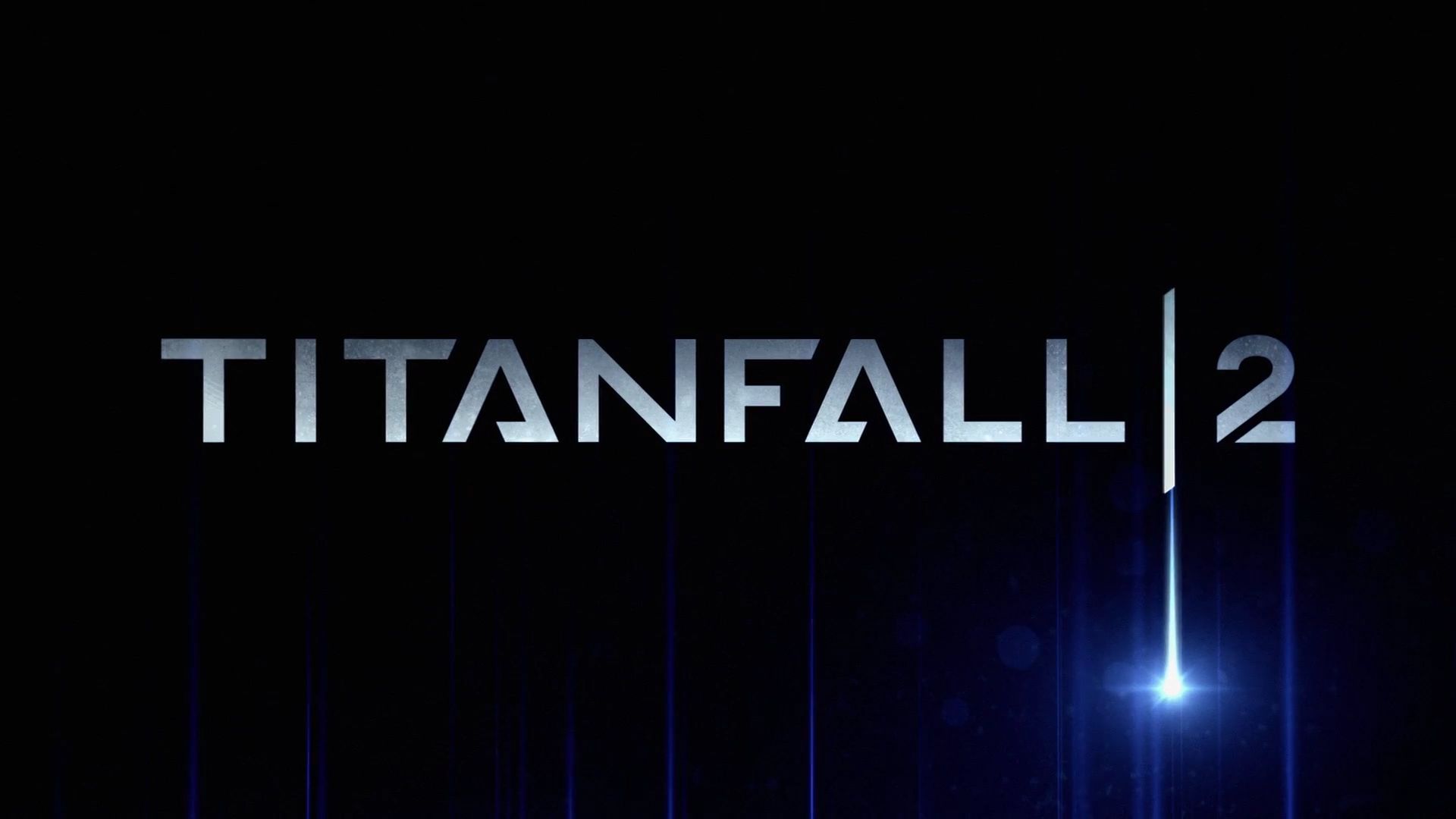Titanfall 2: One of the Best FPS Campaigns Ever
In a genre saturated with bombastic spectacle and generic gunplay, Titanfall 2 carved out a timeless place for itself by quietly redefining what a first-person shooter campaign could be. It didn’t just check the boxes for action, it redrew them, launching the bar into orbit with a blend of inventive mechanics, masterful pacing, and emotional storytelling that set a new standard other shooters struggle to match.
The Soul in the Machine
After the original Titanfall launched without a traditional campaign, expectations for its sequel’s story mode were uncertain at best. What Respawn delivered was nothing short of miraculous. Instead of tacking on a story as an afterthought, they built one of the most engaging, varied, and narratively tight FPS campaigns in recent memory.
At the heart of it all isn’t just the gunplay or the spectacle, it’s a relationship. Jack Cooper, a rifleman suddenly thrust into the role of pilot after his mentor’s death, is paired with BT-7274, a Vanguard-class Titan. What begins as a utilitarian alliance slowly evolves into something deeply human. BT isn’t just a walking tank with a voice chip; his dry wit, literal-minded logic, and unwavering loyalty play against Cooper’s growing confidence and vulnerability. Their trust develops organically through gameplay rather than exposition, woven into every mission and mechanic. Whether you’re wall-running across rooftops or swapping Titan loadouts mid-battle, their bond is always present and always growing.
What elevates Titanfall 2 from polished to powerful is this emotional core. In a genre that often mistakes explosions for storytelling, Titanfall 2 proves that character still matters. By the time the campaign reaches its emotional crescendo, it’s not the spectacle that lingers, it’s the sacrifice, the growth, and the heartbreak. Not bad for a shooter about giant robots.
Leveling Up
If BT is the heart of Titanfall 2, its level design is the brain, and it’s firing on all cylinders. The campaign is a marvel of pacing: no filler, no recycled ideas, every mission feeling handcrafted with its own identity and gameplay twist. Each chapter introduces a bold new mechanic, explores it to its fullest, and then retires it before it overstays its welcome. The result is a rhythm of constant discovery that keeps players engaged not just through combat but through curiosity.
One moment you’re wall-running across an assembly line that builds entire houses in real time, dodging hazards while marveling at the surreal industrial ballet unfolding around you. The next, you’re flipping between two timelines mid-combat, using time itself as a puzzle mechanic, a weapon, and a storytelling device all at once.
And it’s not just clever, it’s unforgettable. Where many shooters struggle to deliver even a single iconic set piece, Titanfall 2 is overflowing with them. From gravity-defying traversal sequences to time-shifting firefights, nearly every level leaves behind a moment etched in memory. These aren’t gimmicks but tightly integrated innovations with ideas so strong most studios would build entire games around just one. Respawn tosses them out like candy, confident enough to let each shine briefly and brilliantly.
It Respected Us
Years later, Titanfall 2 remains a benchmark: a rare shooter that proved emotional stakes and mechanical creativity aren’t opposites but complements. It showed that a mech can have a soul, that a shooter can make you cry without sacrificing its edge, and that a campaign can respect your time, your intelligence, and your hunger for surprise.
Though it launched into an awkward release window and was overshadowed by bigger blockbusters, its reputation has only grown. Like all great cult classics, it’s endured through word of mouth and retrospective acclaim. Today, it stands tall not just as a great game but as proof that a single-player FPS campaign can be the reason to play.
In a sea of shooters chasing realism or settling for forgettable filler, Titanfall 2 chose imagination. And in doing so, it didn’t just raise the bar, it wall-ran circles around it.

